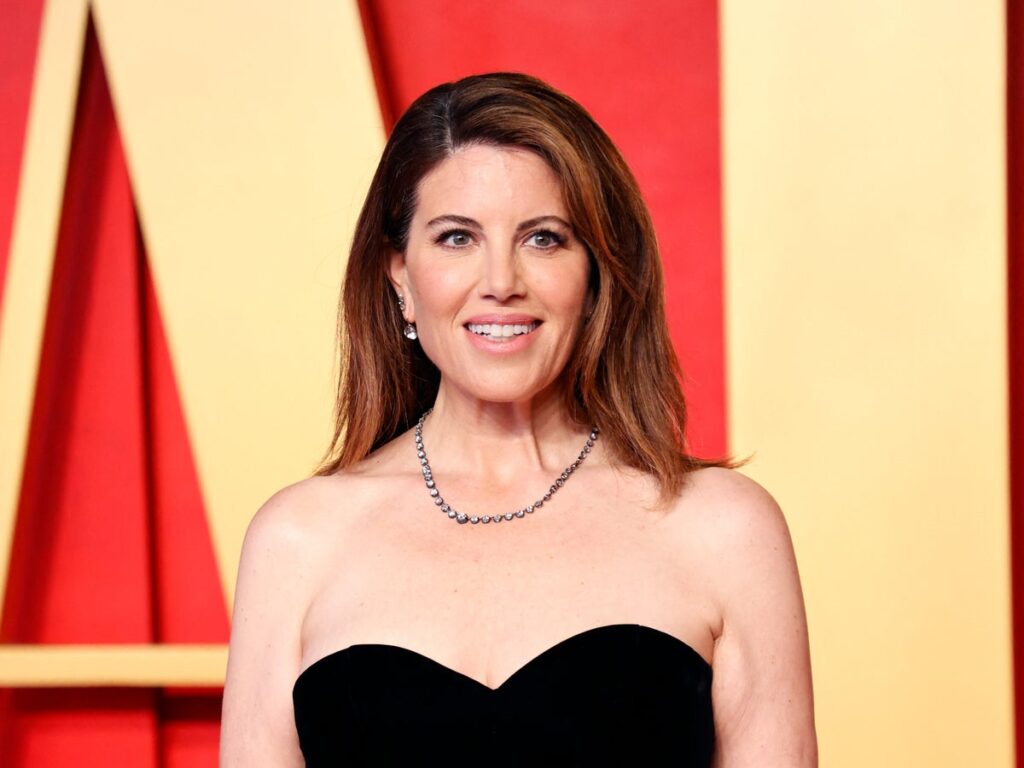Monica Lewinsky recently made headlines by announcing her endorsement in the upcoming U.S. presidential election, urging her followers to vote, particularly for Democratic candidate Kamala Harris. In a tweet that garnered significant attention, including over 10 million views, Lewinsky encouraged participation in the electoral process with a clear preference for Harris, citing her vote for the Harris/Walz ticket. This endorsement places Lewinsky alongside a cadre of celebrities, including Beyoncé, Cardi B, and Michael Keaton, who have rallied their fans to support Harris, highlighting the importance of voter engagement ahead of the crucial election day.
As the election approaches, polls are showing shifting dynamics in key battleground states. A recent New York Times/Siena poll has indicated that Harris leads in Nevada, North Carolina, and Wisconsin, while Trump is ahead in Arizona and Pennsylvania. Moreover, voter turnout appears robust, with over 70 million individuals having already cast their ballots either by mail or in-person, as reported by the University of Florida’s Education Lab. Notably, women are increasingly aligning with Harris, with some explicitly expressing their intention to counter their partners’ votes for Trump, underscoring a growing mobilization among female voters.
The election campaign has not been without controversy, as comments made by former President Donald Trump have garnered criticism. During a recent rally, Trump stated, “I’m going to do it whether the women like it or not. I am going to protect them,” a remark that prompted a sharp response from Harris. She emphasized that Trump’s statements reveal a fundamental disregard for women’s autonomy and their right to make decisions about their own bodies, reflecting a broader conversation about gender, power, and agency in politics today.
Lewinsky’s endorsement comes in the context of her infamous past involving Bill Clinton, the former President with whom she had a scandalous affair during her time as a White House intern in the 1990s. The repercussions of that relationship have continued to ripple through political discourse, particularly as Clinton’s behavior has been scrutinized anew. Just last month, during an event on the Harris campaign trail, Clinton drew attention for calling Arizona Senate candidate Kari Lake “attractive,” which Lake responded to with a quip that highlighted the absurdity of the moment, joking about Clinton’s history with interns.
As the campaign unfolds, Lewinsky’s voice serves as a reminder of how the political landscape has evolved and how personal histories can intersect with public narratives in profound ways. Her support for Harris is indicative of a larger trend among women who are asserting their influence in the electoral process, challenging traditional gender roles and demanding representation that aligns with their values and interests. The intersection of celebrity, personal history, and political engagement illustrates the complex dynamics at play in this election cycle.
Ultimately, the upcoming election presents a critical opportunity for voters, particularly women, to make their voices heard. With increased participation and activism among celebrity endorsements and grassroots movements, there is a palpable sense of urgency around the impending vote. As millions head to the polls or finalize their mail-in ballots, the stakes are high, and the discourse surrounding gender, power, and choice will play a pivotal role in shaping the outcomes of not just the presidential race, but the future of American democracy itself.

